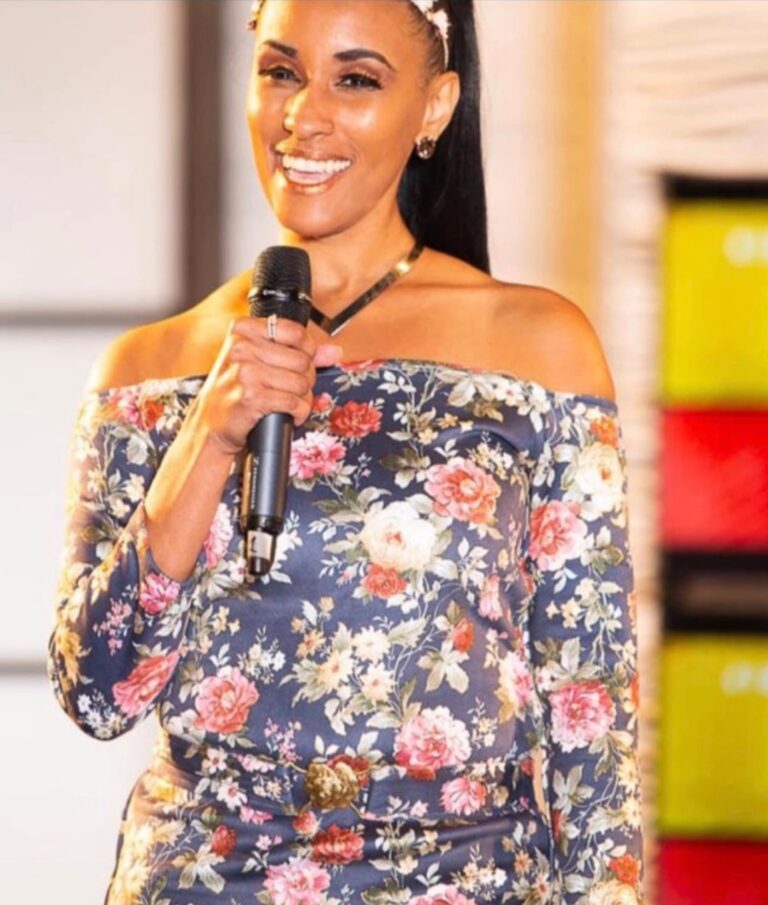
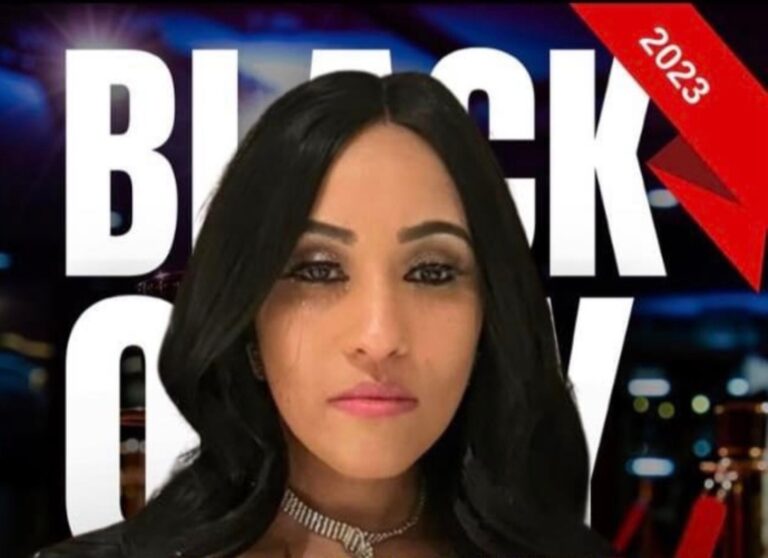
I live with Neuromyelitis Optica (NMO). NMO is an autoimmune disease characterized by acute inflammation of the optic nerve and spinal cord, which can be deadly in some cases. The inflammation can occur simultaneously or successively.
The way these symptoms affect me is typically through severe pain in my eyes and intense headaches, along with blindness in my left eye and partial vision in my right. In addition to vision loss, the inflammation in my spinal cord causes me to lose sensation in my legs, leaving me unable to walk. This loss of feeling can spread to other limbs, limiting my mobility until I receive steroid treatments. I also endure a lot of pain regularly.
Relapses tend to be more severe in untreated patients. When I was 14, I suddenly lost vision in my left eye. After undergoing several tests, I was diagnosed with optic neuritis, caused by NMO. Optic neuritis occurs when inflammation in the optic nerve blocks visual signals and damages the nerve itself. Currently, I am legally blind, with no vision in my left eye and partial vision in my right.
NMO doesn’t just affect vision—it has physical impacts as well. I’ve experienced symptoms such as leg paralysis, vertigo, difficulty breathing, severe joint pain, muscle weakness, migraines in my eye, slurred speech, and extreme muscle spasms, to name a few. Everyday life can feel incredibly challenging, and it’s easy to feel alone.
"I Can, You Can" is a foundation built to create a supportive community for individuals facing similar struggles. It aims to uplift and empower one another. I take every negative situation and use it as motivation to succeed. Living with NMO has not stopped me from building a family with my boyfriend and our son, or from pursuing a successful career as a full-time entertainer and influencer. One of the main reasons Yael and I created this organization is to help others dealing with disabilities to overcome challenges, achieve their goals, and build confidence
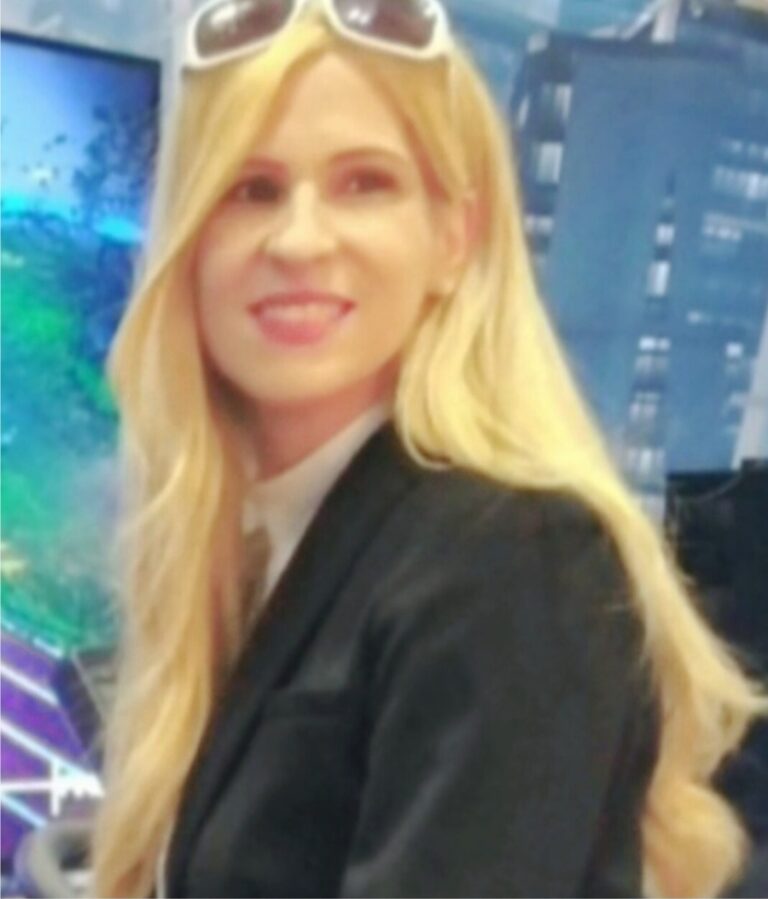
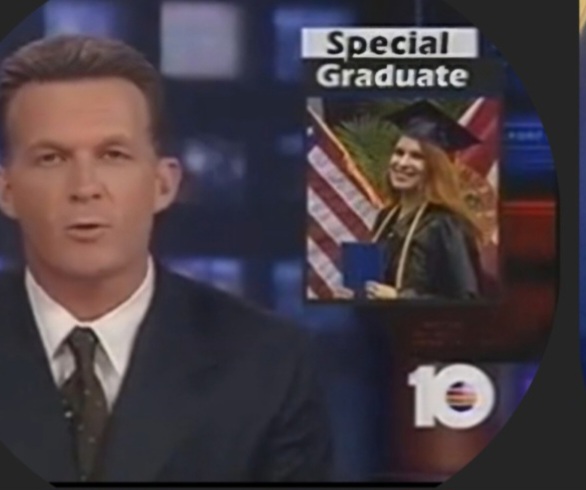
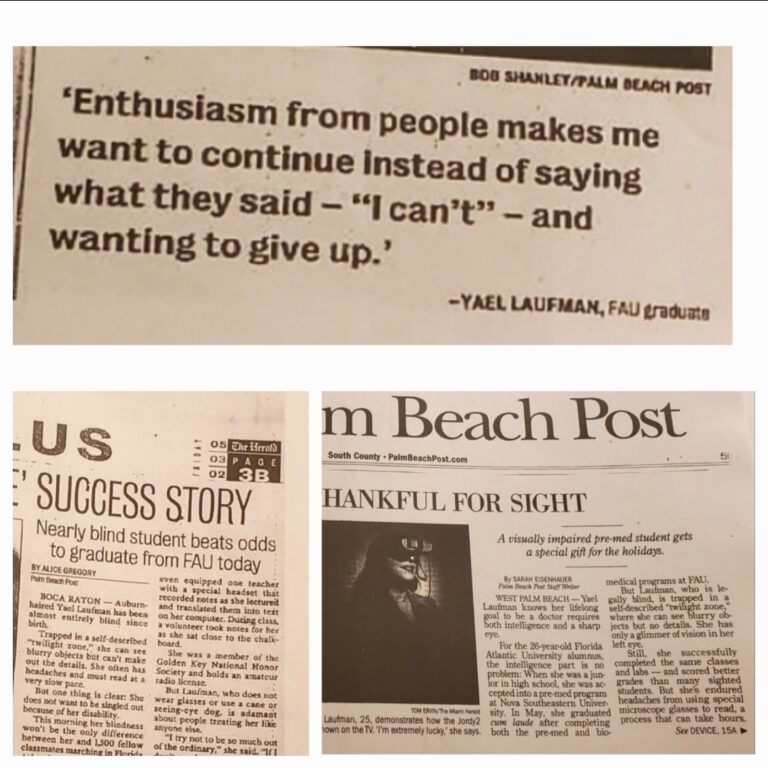
Hello, my name is Yael (Laufman) Solomon. Born prematurely and diagnosed with Retinopathy of Prematurity (R.O.P.), I have experienced firsthand the challenges that come with legal blindness. But from an early age, I was determined not to let my condition define me. Throughout my childhood and education, I faced many obstacles—unable to read classroom boards or easily read books. I adapted and persevered, eventually graduating Cum Laude from Florida Atlantic University with a pre-med and biomedical background. Along the way, I developed unique methods to conduct visual lab dissections and experiments. While still in elementary school, I became one of the youngest individuals to obtain a first-class general amateur radio license from the Federal Communications Commission.
My passion for helping others has always been a guiding force in my life. From supporting disabled children and teenagers during my school years to dedicating my life to holistic wellness and community empowerment, I have always strived to make a difference. I combine ancient wisdom with modern science to create a more inclusive, supportive environment where everyone has the opportunity to thrive. My certifications and education reflect my dedication to this mission. I am a certified Health and Wellness Coach from AFPA, a credential recognized both nationally and internationally. I hold certifications in holistic nutrition, health and life coaching, belly core fitness, and adaptive Chair Yoga through the Yoga Alliance. My accredited certifications in homeopathy and natural medicine/herbalism come from institutions like the Hyamson Institute. I am also a certified sound healing practitioner, NLP (Neuro-Linguistic Programming) practitioner, and a Reiki Level One practitioner. Inspired by my love for my children and family, I pursued certifications in child nutrition and cooking from Stanford University, and my mother’s battle with Alzheimer’s led me to obtain certification through the Alzheimer’s Association.
Through my holistic journey, I have seen how powerful the mind-body-spirit connection can be. By providing support, resources, and guidance, my goal is to help individuals gain the ability to overcome challenges, improve their health, and make positive changes in their lives.
Today, I am happily married and a proud mother of three. I enjoy playing the piano, watching medical programs like "Grey’s Anatomy," participating in my family's activities, cooking, and creating art. My family and my experiences continue to inspire me to empower others and create a ripple effect of positive change in the community and beyond. I invite you to join Cali and I on this journey as we work together to turn disability into ability and build a more inclusive world.
My journey began with significant medical challenges. My diagnosis of Retinopathy of Prematurity (R.O.P.) resulted in abnormal blood vessel growth and retinal detachments, leading to legal blindness. At just seven months old, I underwent my first surgery, marking the start of many medical interventions aimed at preserving my limited vision. Throughout my life, I faced complications like cataracts, eye infections, lens dislocation, and more, requiring multiple surgeries. Each day, I wake up with pain and swelling due to dry eye syndrome, feeling as though glass is constantly in my eye. Reading with my left eye, the only remnant of my vision, often results in painful headaches.
To manage these challenges, I turned to holistic practices such as adaptive Chair Yoga, reiki, and more which has been crucial in helping me manage my pain and slow further complications. I firmly believe in treating the body holistically—addressing the physical, mental, and spiritual aspects of health. I also know the importance of a supportive, inclusive community. Cali and I founded "I Can You Can" since we are so passionate about creating a space where others facing similar challenges can find the resources, support, and empowerment they need. My philosophy is simple: “If I can do it, you can do it. Together, we can turn disability into ability.”
Please help us help them. Together we can turn their disability to an ability. Please donate to support our mission.
Both of us experience obstacles and challenges in our lives that at times might seem impossible to cope with. Often we felt isolated, misunderstood, and overwhelmed with pain, but we found we have one thing in common: perseverance and a drive to push ourselves beyond the pain. As disabled people we are told we can't accomplish certain tasks due to our disabilities. They caution, “It’s too risky,” or “You can’t do visual tasks if you can’t see.” Well, we prove them wrong everyday! As mothers, mentors, and disabled individuals, we felt the urge to share our journey with others and empower them with the message that “If we can do it, they can do it.” In 2024, we founded “I Can, You Can.” We are dedicating our lives to providing P.E.A.C.E. of mind to as many disabled individuals as possible. Enabling disabled people to have an inclusive community with the necessary resources they need to thrive in all aspects of life is our vision.
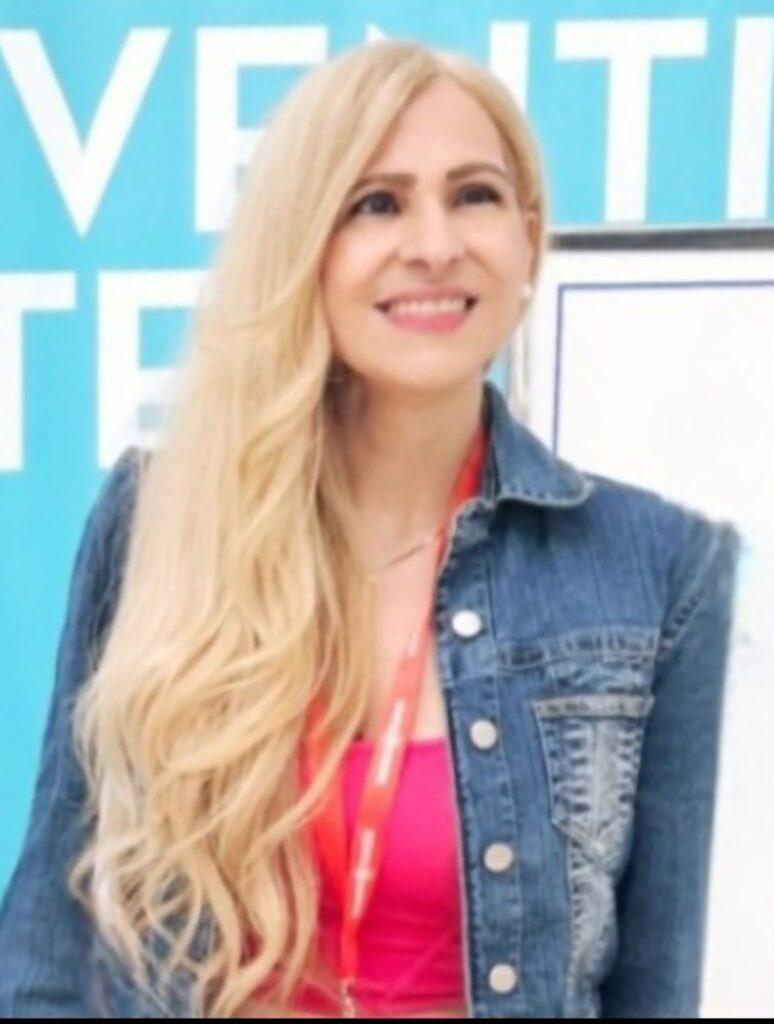
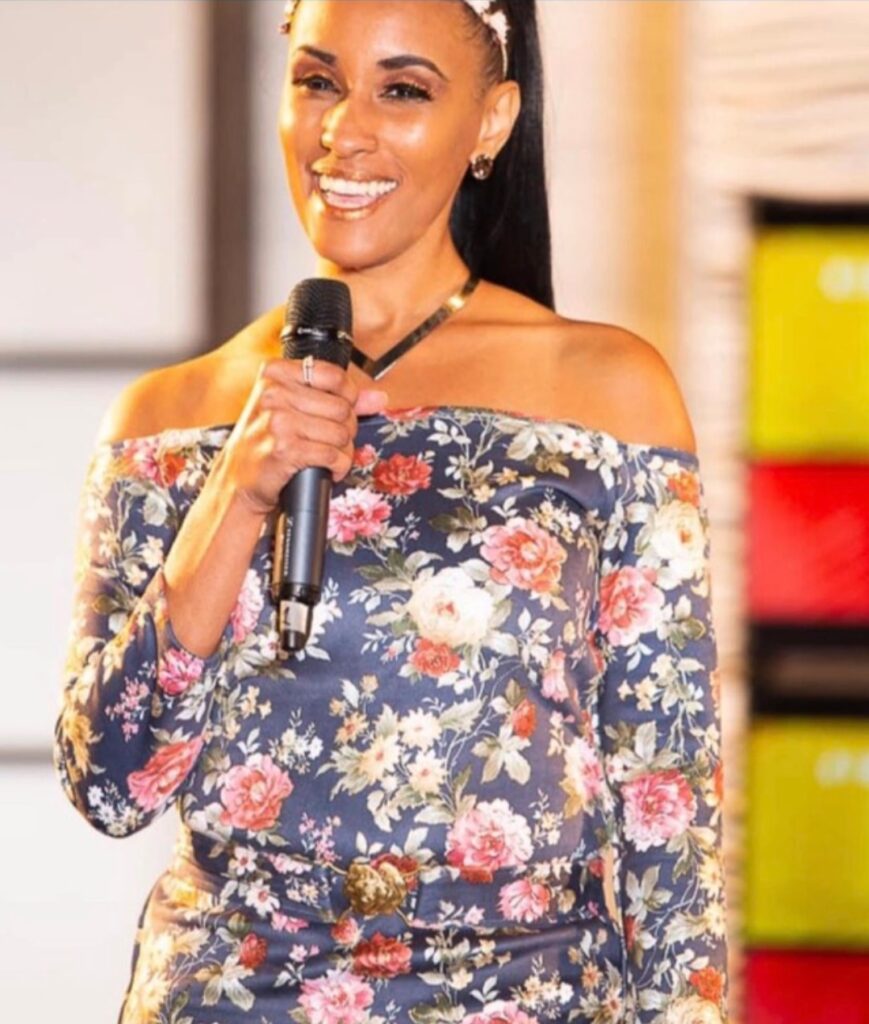
Around 1.3 billion people worldwide, or 1 in 6, live with a significant disability, representing 16% of the global population. These individuals face higher rates of health inequities and are often at greater risk of conditions like depression, diabetes, stroke, and obesity. In fact, some persons with disabilities may live up to 20 years less than those without disabilities.
Challenges extend beyond health: accessible and affordable transportation remains 15 times harder to access for people with disabilities, and many encounter systemic barriers such as stigma, poverty, discrimination, and exclusion from education and employment. These inequities arise from unfair societal conditions, often compounded by obstacles within the healthcare system itself.
Disability is an integral part of the human experience, shaped by the interaction between health conditions—such as dementia, blindness, or spinal cord injuries—and a variety of environmental and personal factors. As people live longer and noncommunicable diseases rise, the global number of persons with disabilities is growing. This diverse group’s experiences are influenced by factors such as gender, race, religion, age, sexual orientation, and socioeconomic status, further affecting their health outcomes and daily functioning.
By addressing these disparities, we can work towards a world where individuals with disabilities have the same opportunities to thrive in health and life as anyone else.
More than 1 in 4 (28.7 percent) adults in the United States have some type of disability.
13.9 percent of U.S. adults have a cognition disability with serious difficulty concentrating, remembering, or making decisions.
12.2 percent of U.S. adults have a mobility disability with serious difficulty walking or climbing stairs.
7.7 percent of U.S. adults have an independent living disability with difficulty doing errands alone.
6.2 percent of U.S. adults are deaf or have serious difficulty hearing
5.5 percent of U.S. adults have a vision disability with blindness or serious difficulty seeing even when wearing glasses.
3.6 percent of U.S. adults have a self-care disability with difficulty dressing or bathing.
☆☆☆Disability and health care access
Health care access barriers for working-age adults include:
1 in 4 adults withdisabilities 18 to 44 years do not have a usual health care provider
1 in 4 adults with disabilities 18 to 44 years have an unmet health care need because of cost in the past year
1 in 6 adults with disabilities 45 to 64 years did not have a routine check-up in the past year
Please help us help them. Together we can turn their disability into an ability. Please donate to support our mission.
Join our growing community and discover how you can contribute to meaningful change.